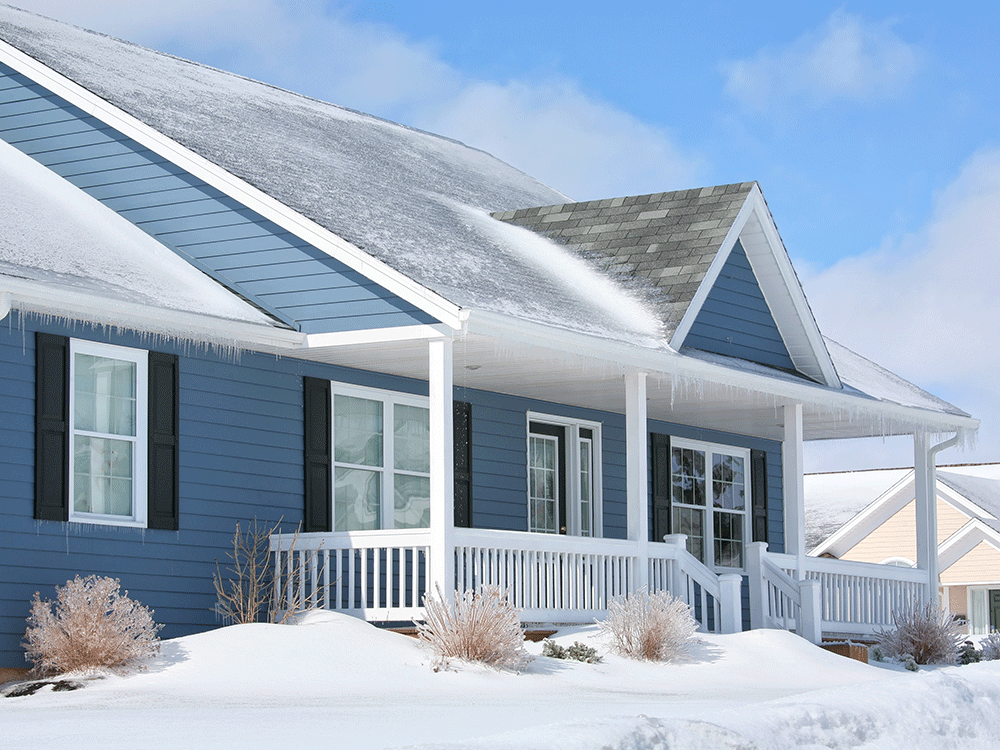If you live in an area that experiences cold winters, there are a few simple tips you can follow to winter-proof your home. First, you must seal off any gaps or cracks in your home’s exterior. These holes can allow cold air to seep inside your home and can cost you a lot of money in energy bills. Moreover, uncovered letterboxes, cat doors, and keyholes can also cause drafts. Another simple yet important tip to winter-proof your home is to install storm doors. This is not a big investment and will have an impact on your heating bill.
In addition to weatherproofing your home, you should also install a heating system that is able to handle the cold weather. A well-insulated home will keep you warm throughout the winter, which will reduce your utility bills. It is also important to consider how you use heat. Make sure your furnace is serviced and the filter is changed in November.
Moreover, make sure you drain your outdoor plumbing system. This will prevent frozen pipes. It is also important to winter-proof your home before you head south for the winter. If you are away for a long time, you can ask a neighbor to check your home periodically. If you have time, you can also consider taking out home insurance. The majority of home insurance policies cover damages that occur during severe winter weather. To learn more about your insurance coverage and your winter-proofing options, contact an independent insurance agent.
After cleaning your gutters, make sure you check your drains and clean them. Start from the top and work your way down. Drains should be clear to allow rainwater to flow. Another important tip to winter-proof your home is to make sure the boiler or water heater are working properly. During the coldest months, these appliances will be in great demand.
Another important step to winter-proof your home is to organize your home and store items properly. This will make it easier to find things and will keep your house warm. Also, make sure to seal off any areas of your home that are prone to drafts. To winter-proof your windows, you can use bubble wrap. Be sure to dampen the bubble wrap with water before you apply it to your windows. This will keep the cold air out and let light through.
Winter-proofing your home will not only prevent roof damage and water leaks, but it will also help lower your energy bills. Without adequate insulation, heating bills can soar and lead to a decreased value of your property. Make sure to check for leaks around doors and windows – even a small leak can increase your heating bills by 10 to 15 percent!
Another inexpensive way to winter-proof your home is by installing storm windows, which will help block out cold winds. Another option is to purchase thermally lined drapes or curtains to keep the drafts out. These drapes will cost you more money than an insulator kit, but they can last for several years.


